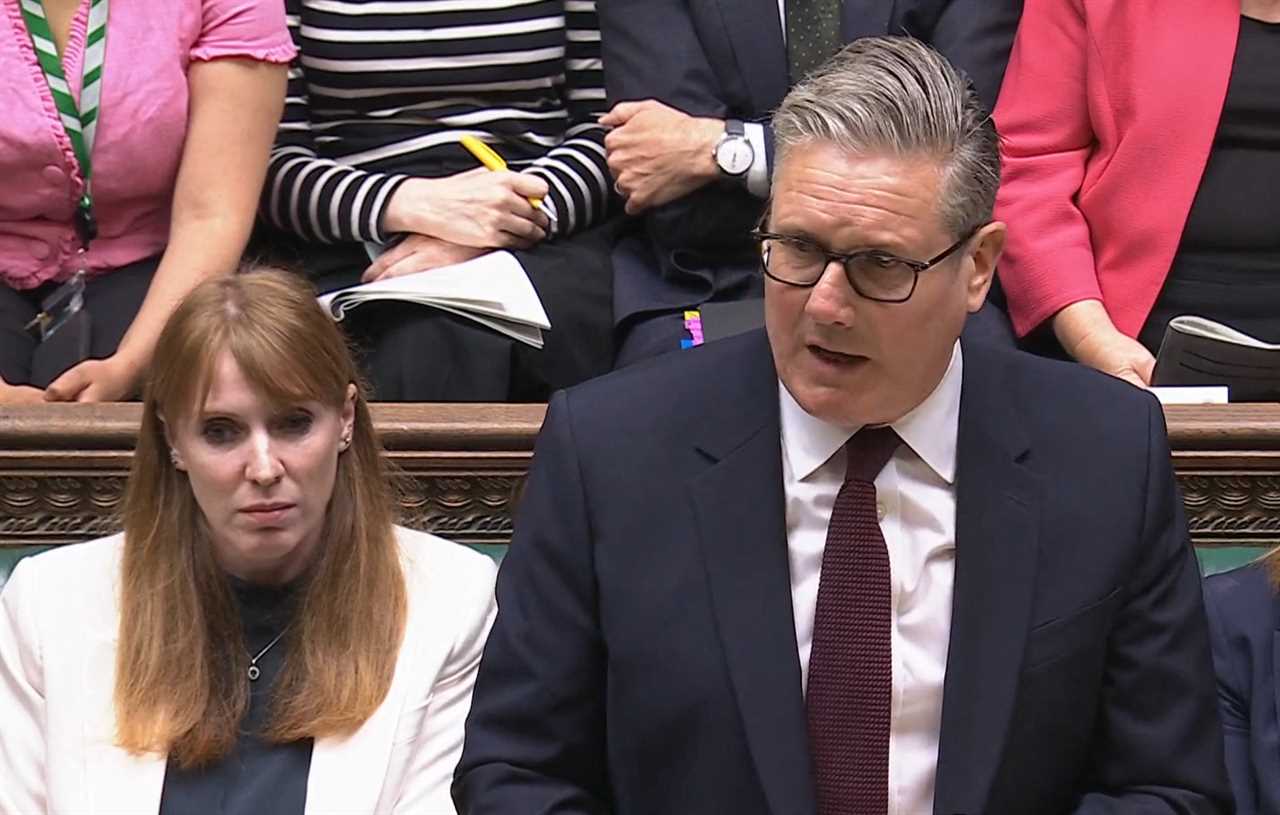
In the midst of a contentious debate over ethical standards in public office, Angela Rayner finds herself embroiled in a tax controversy that has raised questions about integrity and accountability. Amidst calls for her resignation, the complexities of political responsibility and personal conduct come sharply into focus, illuminating broader issues of governance and public trust. As the UK grapples with the fallout of this saga, deeper reflections on the intersection of power, privilege, and ethical behaviour are warranted.
Unpacking Political Accountability in the Face of Tax Scrutiny
As Angela Rayner faces scrutiny over alleged tax discrepancies, the intricate dance between personal financial decisions and public expectations of transparency takes center stage. The unfolding drama sheds light on the delicate balance between individual actions and collective consequences within the realm of political leadership. How do we navigate the terrain of moral authority and legal obligations in a landscape fraught with ambiguity and competing interests?
The Interplay of Power Dynamics and Public Perception
Against the backdrop of a viral rap video mocking the embattled Deputy PM, questions of power dynamics and public image loom large. The saga underscores the intricate web of influence, perception, and accountability that shapes public figures' actions and reactions. In a society increasingly intolerant of ethical lapses, how do we reconcile the complexities of personal fallibility with the demands of public office?
Navigating Hypocrisy Accusations and Political Fallout
As accusations of hypocrisy reverberate in political circles, the nuances of ethical judgment and political expediency come sharply into focus. Angela Rayner's handling of the tax controversy raises thorny questions about moral consistency, political survival, and the shifting sands of public opinion. How do we hold leaders accountable for their past statements and actions while allowing space for growth and redemption in the face of scrutiny?

Amidst the swirling debates and controversies surrounding Angela Rayner's tax affairs, the wider implications for political probity and public trust remain at the forefront of national discourse. As the saga unfolds, it serves as a stark reminder of the complex interplay between individual choices, institutional responsibilities, and societal expectations. In navigating the murky waters of ethical governance, we are called to reflect not only on the actions of individuals but also on the systems and structures that shape and constrain them.






